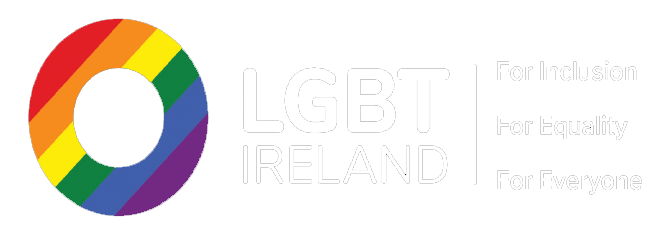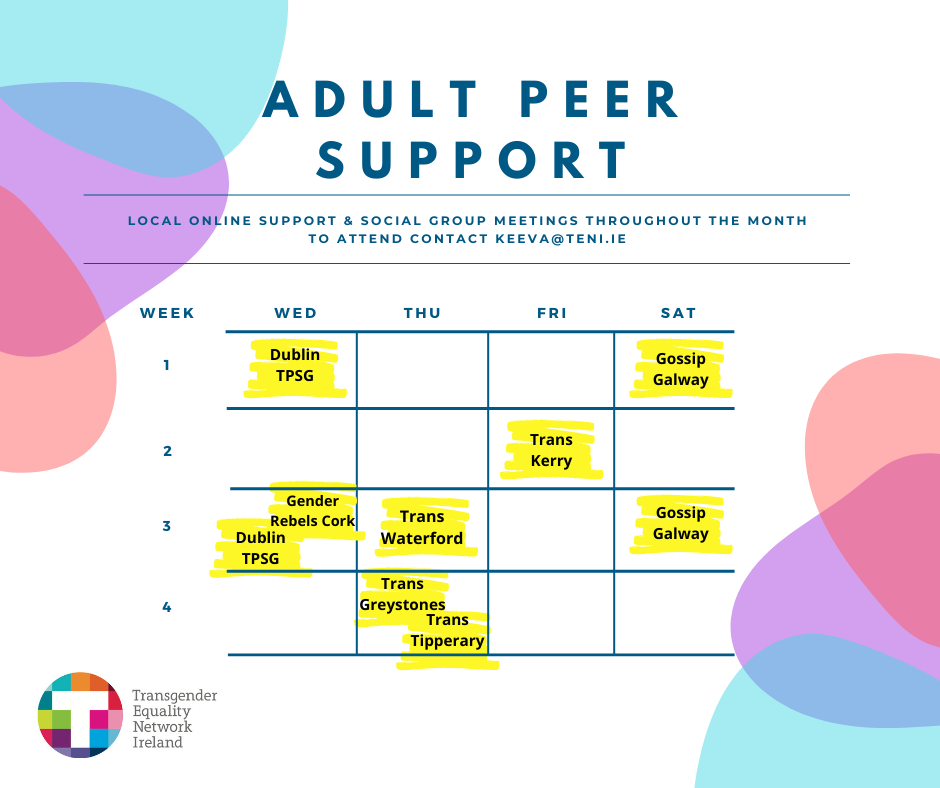Transgender People and Gender Expression
Transgender (or Trans) is a broad concept. In simplest terms, having a transgender identity means identifying with a different gender than the sex assigned at birth. Still, some people who identify as transgender may not wish to transition, while others may identify with the sex they were assigned at birth yet express their gender in a way that breaks free of societal norms.
About Trans People and Gender
What Does Being Trans Mean?
Trans is shorthand for transgender. A transgender person is a person who does not identify with the gender they were assigned at birth. Transgender is an umbrella term, meaning it covers a wide range of gender identities and expressions.
Gender identity is different than the sex, such as male or female, which a person was assigned at birth. Gender identity refers to a person’s deeply-felt identification as a woman, man, or another/no gender. This may or may not correspond to the sex they were assigned at birth.
Cis, which is shorthand for cisgender, is the term used to refer to individuals who do identify with the gender assigned to them at birth (in other words, non-transgender).
What is Non-Binary?
Some people who are transgender are binary trans people, they identify as a woman or as a man. Some people identify as having a non-binary gender identity, these people do not identify as either a man or a woman. Some non-binary people may identify as trans as well and some may just identify as non-binary. Some non-binary people would use gender neutral pronouns such as singular they/them or ze/zir, as opposed to she/her or he/him.
There are many different gender identities beyond these also, such as gender-queer, gender fluid, bi-gender, agender and so on. For a more extensive list of different gender identities, click here.
Gender Identity vs Sexual Orientation
Gender identity is distinct from sexual orientation, we all have a sexual orientation and we all have a gender identity. As previously described, gender identity is the personal sense of one’s own gender. Sexual orientation is a term that is used to describe what gender, or genders, someone is attracted to.
Transitioning
A process through which some transgender people begin to live as the gender with which they identify, rather than the one assigned at birth. Transition might include social, physical or legal changes such as coming out to family, friends, co-workers and others; changing one’s appearance; changing one’s name, pronouns and sex designation on legal documents (e.g. driving license or passport); and medical intervention (e.g. through hormones or surgery). not all trans people wish to undergo all or any aspects of transitioning.
Crossdressing and Drag
Crossdressers ‘dress’ for numerous reasons. Some feel the strong need to express femininity while others might cross dress for artistic expression or erotic enjoyment. However, most people who crossdress generally have no intention of changing their bodies through hormones or surgeries. These experiences can also be part of the trans umbrella.
This might also include drag kings or queens, who may use exaggerated gender performances as a means of exploring their gender identity. The transgender umbrella is an inclusive term which welcomes all those who wish to identify within it.
What Does Intersex Mean?
Intersex is an umbrella term which refers to individuals who are born with sex characteristics (such as chromosomes, internal and external reproductive organs, and/or hormonal structure) that do not strictly fit into the typical definitions of male or female, or that belong to both at the same time.
Most individuals who are intersex do not identify as transgender, however some intersex people may also be transgender. A transgender identity is a personal affiliation, rather than a label that should be placed onto an individual.
Support for Trans People
Transgender people are frequently misunderstood by society, and as a result may experience struggles with access to services, employment and finding other trans people for support and friendship. The good news is that there are supports available.
We at LGBT Ireland are here to listen in confidence and without judgment every day of the week through our LGBT Helpline on freephone 1800 929 539. There is also an organisation called TENI (Transgender Equality Network Ireland) who works to support and advocate for transgender people. TENI’s website is full of information and referrals, check it out at www.teni.ie.
Transgender Peer Support Groups – Nationwide
For Transgender Social and Support groups nationwide, please click here or click on the image below:
TRANSGENDER FAMILY SUPPORT LINE
A volunteer-led listening and support service is available for family members of trans and gender non-conforming people in Ireland.
The Transgender Family Support Line currently operating 2 days per week, Sundays (6pm to 9pm) and Tuesdays (10am to 12pm).
Call the Transgender Family Support Line on 01 907 3707 for confidential listening, information and support.



